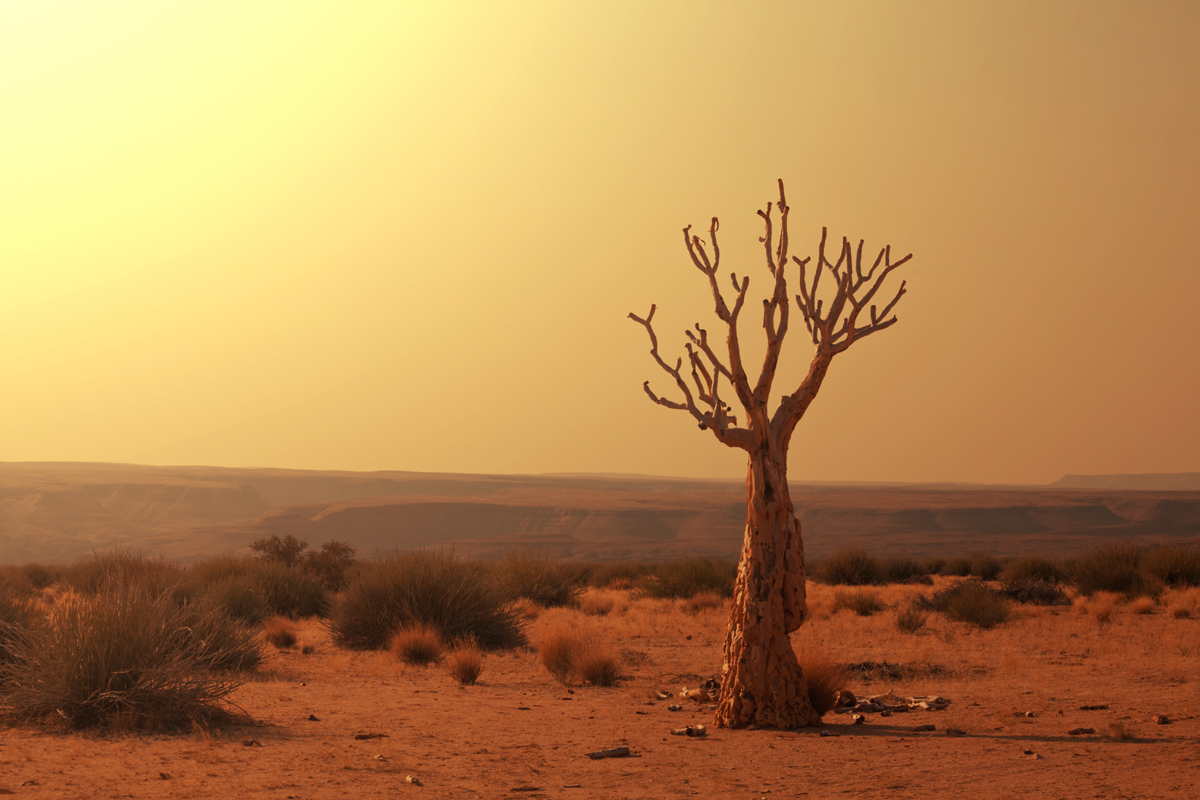the "Inside PTSD" collection:
- inside ptsd
- inside ptsd, the mad list
- inside ptsd, backstory
- inside ptsd, fleeing
- inside ptsd, two
- inside ptsd, remediation
- inside ptsd, three, rage
- inside ptsd, transaction costs
- time shift, inside the ptsd
- time shift three
- time shift two, still inside the ptsd
- inside ptsd, the addiction episode
- survive vs heal
- inside ptsd, body knows
- inside ptsd, body knows, part one
- one hour
- that same afternoon
- inside ptsd, more than a recollection
- inside ptsd, body knows 2
- acceptance.
- inside ptsd, the addiction episode, part 2
- inside ptsd, the addiction episode, part 3
- inside ptsd, a student of trauma
- inside ptsd, the addiction episode, part 4a
- inside ptsd, the addiction episode, part 4b
- inside ptsd, the addiction episode, part 5
- inside ptsd, more than a recollection, part 2
- acute
- inside my midlife ptsd
- one day—the daylight part—inside ptsd
- inside ptsd, mere survival
- inside ptsd, economics
- one day, at night, inside ptsd
- on the outside, looking in
- inside ptsd, in the wind
- inside ptsd, in the wind, two
- a is for anxiety
- inside ptsd, the last match
- inside ptsd, addicted to addiction
- inside ptsd, outside looking in
- Day Three, Haunted
- inside ptsd, what it is
- inside ptsd, it takes time
- inside ptsd, the plea for understanding
- before the aftermath
possibly related
the body remembers
the body retains some from each impact w/ traumatic energy.
the body is wounded by every assault—be it from another day of extreme poverty or straight fist-to-face violence. The body knows first.
The body experiences trauma before my brain can stimulate muscles fast enough to dodge the bullet—that's my premise, my thesis for this essay. The body knows first. Then the brain tries to sort out at once, and the mind considers it all later, from the privileged perch of contemplation and reflection.
body experiences impact
There's always collision in these lives of ours, a collision between 'reality' and its uncountable events and eddies, and our very own bodyminds. Sometimes we get a gentle early morning and a quiet first light, others a terrified eruption to total fear from a night's torment. So it begins. Feet collide against floor, skin collides against ambient air, shower water, food at the lips. Most collisions are gentle, but some impacts destroy.
When the smashing together of two forces threatens survival, it is traumatic. When it is rife with betrayal, and rage or cruelty, it's traumatic, b/c trauma is the infliction on the bodymind of energy bent of the recipient's damage or utter destruction.
[trigger warning]
i should probably put these at the top of this whole series, but today it seems apt. take care reading this; to understand trauma's impact on our body in an explicit, witnessing way, we have to look at some (but thankfully not all) of the details. we will be as gentle as possible.
drill down
This is work for me, to write this. It's literally part of my job, to understand what trauma is, how exactly it hurts, and ultimately, what can we do to grow beyond living in worlds filled with endless cycles of pain, violation and loss.
Here's a case study we can call it, but it's just a story that happens all the time. It's about a kid who got hurt bad when younger. Not me, my childhood till age 18 did not involve beatings or violence. But i've met so many who were hurt, that i feel driven to explore and write about this, so we can find clues to our own worst behavior.
There's a perpetrator of course, the one who hits, who betrays, who desecrates, but perhaps that perp was hit too, when little. Let's look more closely... what is the body's experience when a child is screamed at with hatred and fear, then slapped so hard that bruises flower from fields of smashed apart blood vessels.
it's no fun to write this about any small child, but the stories are everywhere. i want to try to witness on behalf of too many children what it's like; i feel well loved today, and i feel strong enough to put this down—guardian spirits all about.
First, the body is bruised by the physical impact of being struck. The small child feels pain and fear in extreme proportions, and betrayal.
And we'll stop there for tonight, and pick up the story again soon.
Stay well. Love your people well, and everyone, Bless, m
Pain is known very personally to each of us, but the trauma is so much more. Eyes witness anger exploding, and ears cannot filter out the screaming terror; muscles cannot run fast enough nor freeze completely enough to avoid attack and remain saturated with neuro-chemicals and hormones long after the assault is over.
I write this in deepest humility, to give voice to too many untold stories.
Other receptors—energy and connection receptors—feel destruction of another sort.
Connection and Authenticity
Dr. Gabor Mate believes humans are born w/ two inate traits, and i fully support his view: that each of us comes into this world w/ a need for Authenticity, and a need for Connection. We can discuss the word 'need' but for now step back: Connection and Authenticity.
He says that in a young child, they will often have to sacrifice their own selfhood in order to survive, in order to remain connected to the only adult who brings them food, even if that adult also beats them to concussion.
we breathe
We must remember to breathe. This is crazy and intense stuff. For some of you, it's too close to what you know and i apologize for any hurt, but for those of us who can, this exploration holds merit. When we see and illumine the shadows, they recede, and lose power to terrify.
Props to Babette Rothschild for laying out so much of this in her book The Body Remembers, The Psychophysiology of Trauma and Trauma Treatment, from 15 years ago. It remains powerful even today.
In that, she lays out the physiology of trauma as it plays out in tissue and neurons, and rekes mayhem on a dear bodymind. We take a beating. That's trauma.
daily hunger
To arrive at 5pm each day having eaten only the lunch they give at school, and realize that there's no dinner, no parent home, no food on the shelves and scarcely a chance for any sustenance for an unknown time is also felt by the body, as the raw hunger, but also as the tissue's hope for contact, for a hug, the ear's hope for sounds of comfort, the nose's desire to smell something cooking that promises to ease the pain in the belly.
Every day that, and violence too all around, in the hallways and out the window, bullet holes and helicopters more common than weeds or basketball nets.
The body is the first point of contact when trauma happens, and the last to heal. The mind can let go long before the body restores itself to safe equanimity. For many, that never happens. The destructive energy of trauma succeeded: Life was thwarted, high matter was destroyed, and pain was felt.
a good day
Body knows b/c that's body's job. We live in body b/c we need to take in sensory information. Brain is in charge of first level processing of that, and mind sorts out the rest.
It works well on a good day, but in the event of trauma, it also works well. That's a starting place to acceptance, and healing.
Some steps:
- Assess for immediate safety; if you find some, then move on to step 2)
- Breathe. Reclaim your breath. It's a revolutionary (and simple) act on your own (and everyone's) behalf
- Stand Strong, even if in your own mind.
Keep the faith. Getting better is possible, and sometimes, the mere realization that this after can be sweet even if this morning sucked is enough.
Breath by breath, Love, m

